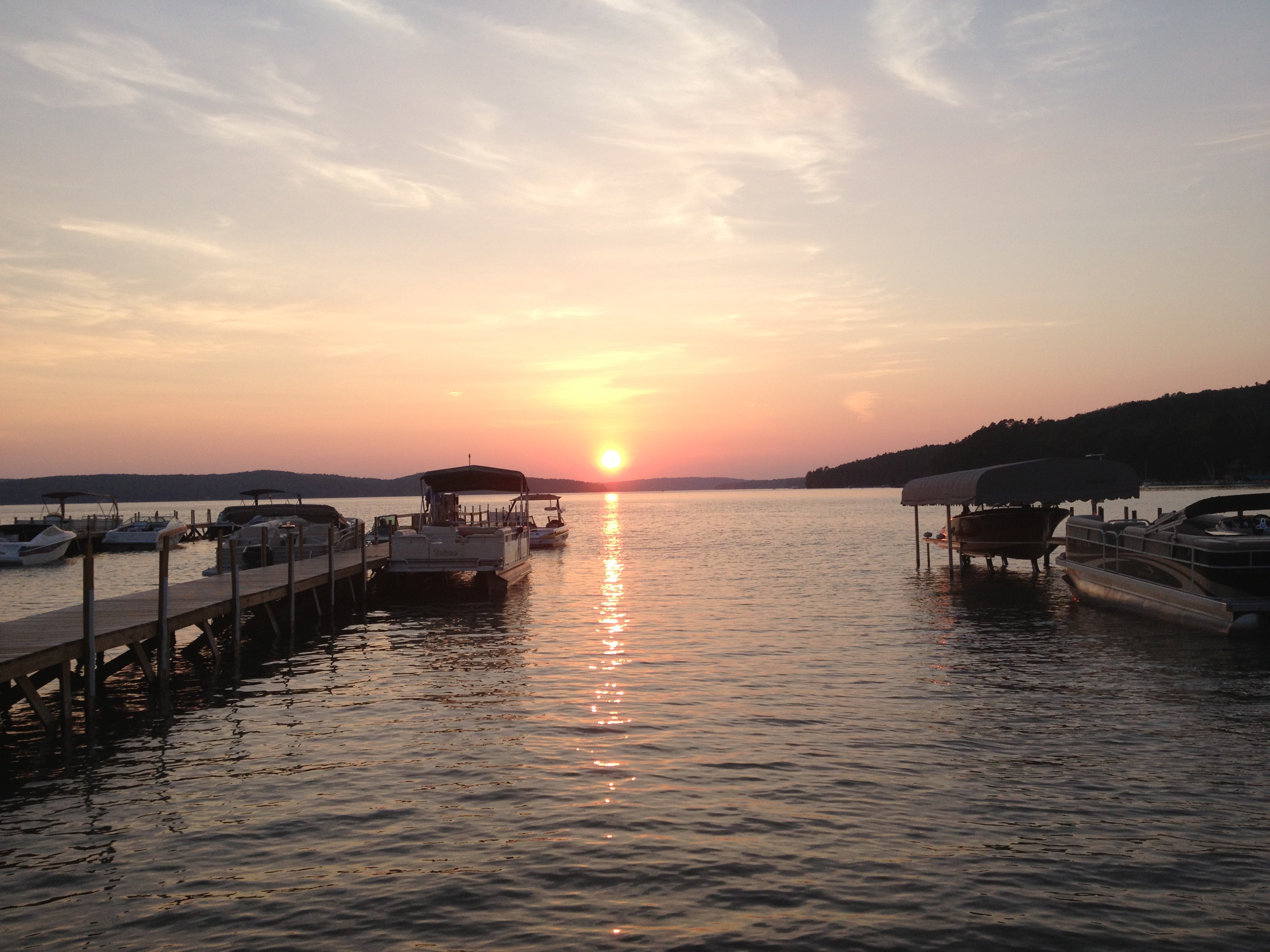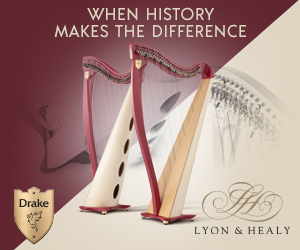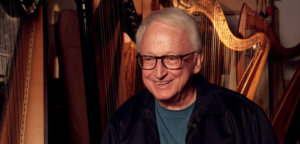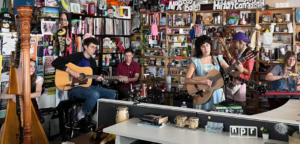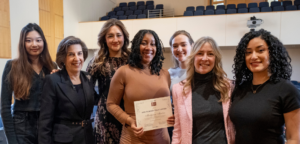The American Harp Center, founded by Lynne Aspnes, enters its second season in July. Aspnes hopes the idyllic Northern Michigan location will be a place where “pressures of external evaluation are removed from the equation,” and harpists can “pursue their own excellence.” I talked with her about plans for the coming season and why folks should make the trek to Petoskey this summer:
In one sentence, tell us what visitors can expect at the American Harp Center this summer. Go!
Harpists coming here to study can expect to find time: time to be inspired, time to create, to reflect, and to assimilate, and the transformative power of time in shaping their artistic sensibilities and ambitions.
What makes the American Harp Center different from other summer harp opportunities?
I’m sure we’re all striving to do something special for the harp and for the students who come to study with us. The experience at the AHC is a meant to allow harpists time alone with their instruments, thoughts, repertoire, ideas, inspirations, and aspirations. And then to have the opportunities of working with the most inspiring artists, teachers and researchers we can find. There are great mentors out there, people who are changing the future of the music now, who have committed their lives to doing the best they can for the harp, and who, through myriad different perspectives, provide us with the inspiration we need to keep doing what we all love so much. We’re hoping the AHC will be the place where inspiration collides with opportunity, on a regular basis!
Who will you have joining you in 2014, and how did you choose your presenters this time?
Sivan Magen will be teaching July 5–11 and, at the same time, Dr. Noa Kageyama, the brilliant mind and heart behindThe Bulletproof Musician blog will be here coaching performance skills. We’re super happy this summer to welcome back the iconic Judy Loman, who will be teaching July 12–18. And I will be teaching in June and in July.
Northern Michigan is a little off the beaten path. How did you come upon your location, and what’s it like?
No kidding! Northern Michigan is A LOT off the beaten path, but that’s part of the great thing about being here. Anyone who makes the rather significant commitment getting here will be rewarded with the most exceptional learning opportunities we can deliver.
Locating the AHC in Northern Michigan is something I have wanted to do for decades, actually. The Interlochen Arts Camp was founded in 1928, as the National High School Orchestra Camp, and my grandmother was one of the first piano faculty there. My mother Frances Miller first learned to play the harp (in 1929!) at Interlochen, in a group class taught by William Cameron. Marcel Grandjany gave summer classes right next door to Petoskey, in Bay View, Mich., in the 1960’s—I have a great photo of my mother from one of those summers, and I was lucky enough to teach at Interlochen during the summers for about 16 years, which only served to strengthen my personal connection to the area. Michigan has an enduring and rich legacy of great harpists teaching across the state and when it came time to realize the dream of establishing a presence for promoting the American legacy of great training at the harp, Michigan felt like exactly the right fit.
Petoskey is super cute. It’s a small regional hub, with about 6,000 year round residents and about 24,000 or so up here during the summer. We’re right on Lake Michigan; there are miles of walking and cycling paths, beautiful sand beeches, a state park, nature trails galore, and- when we need a break from all of the physical activity—good restaurants, coffee shops, ice cream and Wednesday night movies in town! And of course, one can ignore all of the natural beauty and small town charm and just —practice! We’re about 45 minutes off of I-75, and there are regional airports in Traverse City and Pellston.
What is your long-term vision for the American Harp Center?
Wow, that’s not an easy question to answer! I would love to see the AHC become a place harpists come—home. A place where we can gather to learn from and with each other, where we can feel comfortable experimenting with new ways of thinking about our music, and our music making; where the pressures of external evaluation are removed from the equation for a while, and where time and space give free reign to our imaginations. I feel strongly about the value of being able to step back and take a long look at what we are doing as musicians and harpists, where we are taking our instrument and our art both individually and collectively, and how we can move forward in ways that honor and preserve our unique histories, while simultaneously blazing the new trails that we all dream about. I hope we can create the time and space here that allows everyone who comes to pursue their own excellence. And in the process raise the harp up as best we can.
What do you think it is it about summer study that is important for harpists?
I don’t know about other harpists, or artists in general, but for me, my most productive work seemed to came when I was removed from the daily routines of preparing for the end game, and given the time and space to—get better as a musician. Acquiring deep knowledge takes time, effort, focus, determination, and- desire. Study for the love of learning, away from school deadlines, or performance calendars, or work obligations, can often be the catalyst that helps us listen to our intuition more, to honor what we know to be true about ourselves, and to give us the strength to go out and really do what we know we want to do, and what we love.
How can folks learn more about the American Harp Center?
We have an evolving website, at americanharpcenter.org and a Facebook page atwww.facebook.com/AmericanHarpCenter. Email me, at laspnes@umich.edu.






